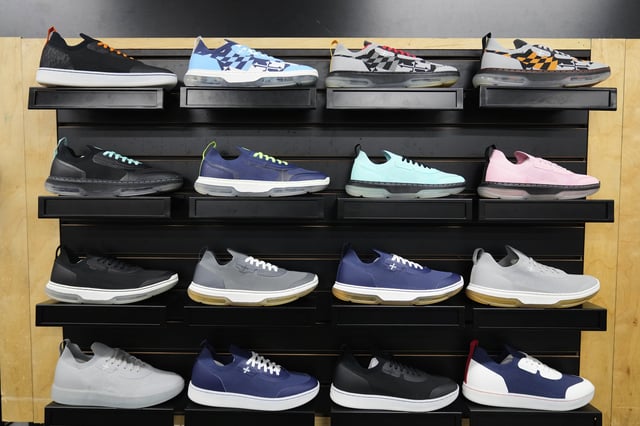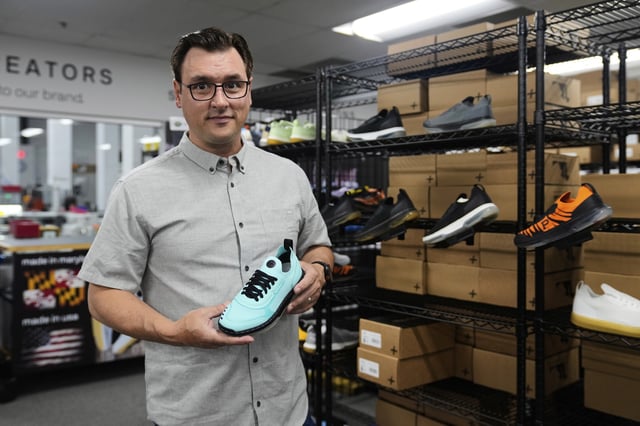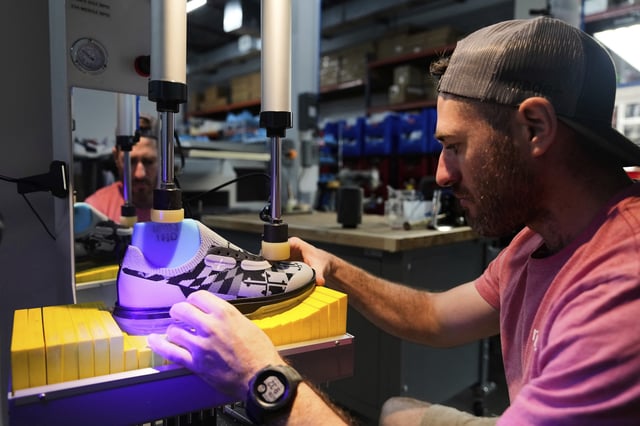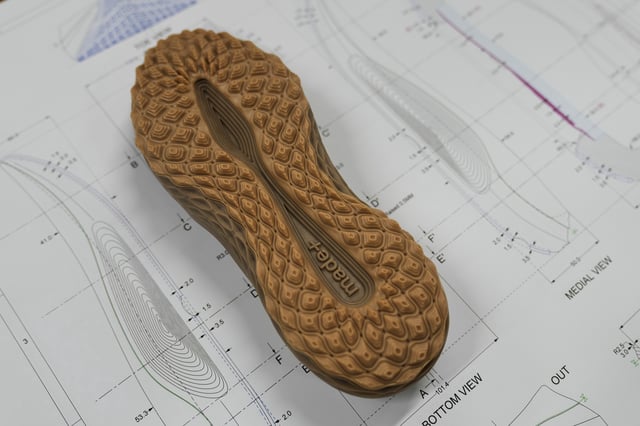Overview
- Startups like Dorai Home have delayed product launches and cut key development roles after tariffs spiked to 145% before a temporary reduction to 30%.
- Learning Resources reports that roughly 25%–30% of its 350 employees, including product developers, are now focused part time on managing tariff impacts.
- Companies such as Made Plus are exploring alternative suppliers in Vietnam and beyond to reduce reliance on Chinese components.
- Economists J. Bradford Jensen and Scott J. Wallsten warn that shifting executive attention from innovation to compliance could harm the long-term competitiveness of U.S. industries.
- Learning Resources and hand2Mind won a district court ruling against presidential tariff authority and are preparing for an administration appeal.



